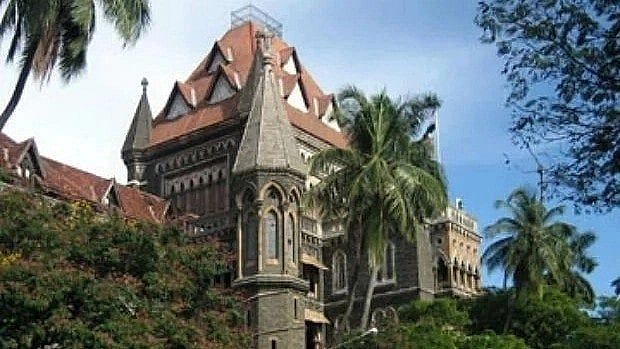
Mumbai: The Bombay High Court has upheld the Maharashtra government’s decision to transfer 73 police personnel ahead of the general elections. The court dismissed the Maharashtra Administrative Tribunal’s (MAT) ruling that such transfers were temporary and amounted to “deemed deputation.”
A bench of Justices AS Chandurkar and Rajesh Patil said on Friday that the transfers, made in line with Election Commission of India (ECI) directives, were lawful and not restricted to the election period. “Tribunal has incorrectly held that the orders of transfer were in the nature of ‘deemed deputation’ and that at the end of the elections, the transferred police personnel were entitled to be reverted to their initial place of posting,” the court said.
On December 21, 2023, the ECI issued a directive barring officers connected with elections from serving in their home districts or staying in the same district for over three years. In compliance, the Maharashtra Police, under Section 22-N(2) of the Maharashtra Police Act, 1951, transferred 73 officers, including Inspectors, Assistant Inspectors, and Sub-Inspectors, citing public interest and administrative necessity.
Aggrieved by the move, some officers challenged the transfers before the MAT, which ruled on July 19, 2024, that these were temporary and should be reversed post-election. The state government challenged this before the HC.
Advocate General Birendra Saraf contended that the Tribunal had erred in treating the transfers as short-term measures. He argued that they were legitimate administrative actions taken under the Police Act and not merely election-related adjustments. Citing a 2018 HC ruling, Saraf emphasised that there was no legal basis for treating such transfers as “deemed deputation” during elections. He asserted that the power had been exercised in “public interest and good faith” pursuant to ECI directives.
Advocate Prashant Katneshwarkar, representing the petitioning officers, argued that Article 324 of the Constitution vests election oversight solely with the ECI, not the state government. He maintained that the transfers lacked exceptional grounds, as required under the Police Act. he added that the Police Establishment Board merely referred to the ECI directive while recommending the said transfers.
Advocate Mihir Desai, appearing for another officer, highlighted that the ECI’s directive applied only to officers directly involved in election duties, which was not the case for all transferees. He argued that the transfers should have ended post-election.
The court rejected the Tribunal’s reasoning and upheld the transfers as lawful, stating that they were mid-term transfers and not limited to the election period. However, the bench acknowledged the availability of vacant posts at certain stations and allowed the Home Department to consider officers’ requests for reassignments.
“We are, however, mindful of the contention that presently there are some vacancies available at certain stations on which the respondents seek placement. It would be open for the Home Department to fill such vacancies by following the prescribed procedure,” the bench said.